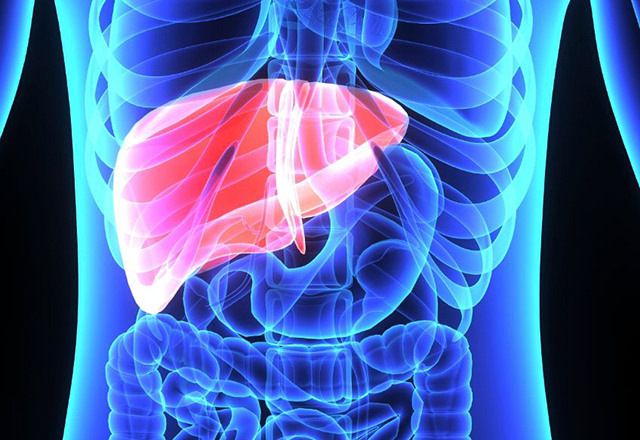By Gretchen Cuda Kroen
CLEVELAND, Ohio — For patients awaiting a lung transplant, getting a new set of lungs can often mean the difference between life and death. But donor lungs, like all donated human organs, are in short supply, and getting a transplant is largely dependent on the length of the waiting list.
And as it turns out, the length of time a patient waits matters a lot. Read the full article in Cleveland.com.








